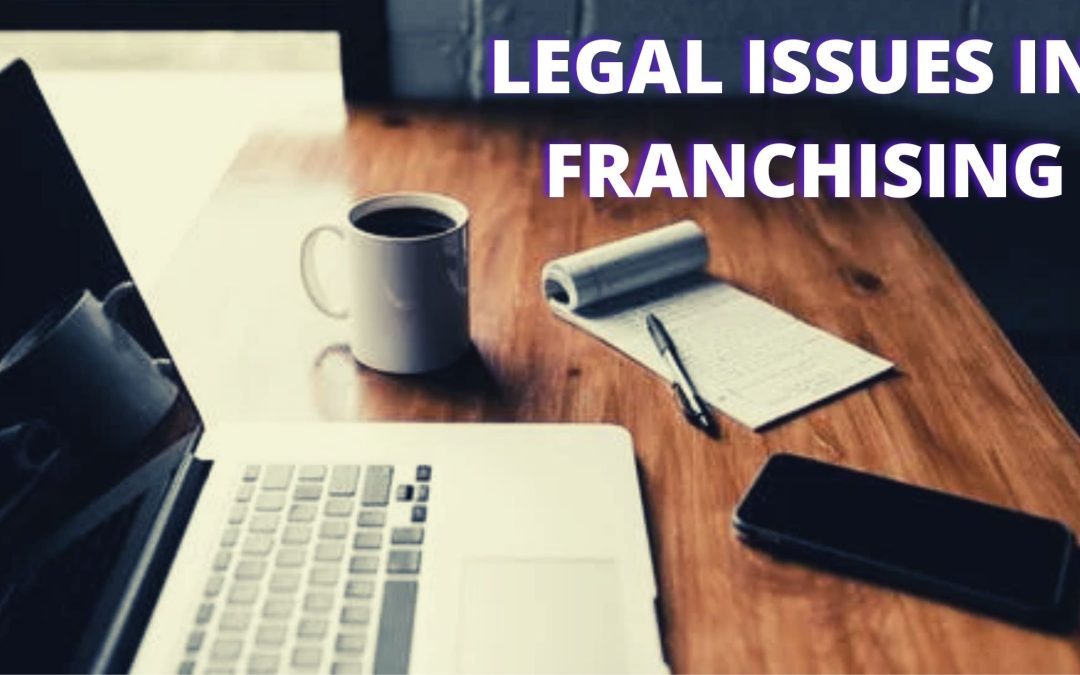The state of Florida is a great place to own a franchise company, either if you are a franchisor or a franchisee. The state’s pro-business approach and the massive influx of people are two of the main factors that boost the segment’s astonishing numbers.
However, nothing in life is perfect – neither is establishing a franchise business in the Sunshine State. In this article, we discuss the main legal issues that may affect franchising entrepreneurs in Florida.
What Are the Legal Issues of Franchising in Florida? – Franchisors vs Franchisees
Undoubtedly, businesses built upon a franchising model have a lot of advantages in terms of logistics, marketing, and profitability, especially when the business concept is already well-established.
However, all these advantages have their toll, as franchisees typically have the daunting task of understanding and dealing with franchising legal considerations.
Although franchisors are responsible for providing the basic tools franchisees need to succeed, the burden of pouring over the legal parameters within the business relationship falls on the franchisee.
Consequently, franchisees must be careful when signing a franchise agreement, which explains why it is essential to rely on the guidance of a legal counselor while negotiating a franchising deal.
Why Franchise Agreements are the Core of the Franchising Business Model?
Indeed, the franchising business model involves a wide array of different factors – costs, royalties, corporate culture, marketing, supply chain, and more- which is why the franchise agreement represents the fundamental piece in this complicated puzzle.
For those unaware, a franchise agreement is a document that outlines all the aspects of franchising business, such as:
- Identifying the franchisor and franchisee
- Establishing the new franchise’s geographical area
- Defining the franchise’s territory size
- Outlining the existence of a right of renewal
- Establishing personal guaranties (usually, for both parties)
- Outlining the existence of restrictive covenants (e.g., non-compete agreements)
- Defining the franchise’s minimum performance requirements
Typically, franchisors utilize franchise agreements to protect their interests, claiming franchisees already have several advantages, such as receiving the franchisor’s brand, intellectual property, know-how, etc.
Unlike other contract negotiations, franchise agreements are much more complex and harder to settle – especially considering the franchisee’s viewpoint.
The Most Common Types of Disputes Involving Franchise Businesses in Florida
Untruthful Claims
It is not hard to find situations in which a franchisee had problems with untruthful claims contained or not in a franchise agreement.
Typically, what happens is that a franchisor incurs false claims to a prospective franchisee about data or information related to the company’s status. In such cases, the franchisor may incur a violation of laws at the state and federal level, including the crime of fraud against the franchisee.
Another possible situation happens when a franchisee makes false statements regarding the financial aspects of an individual store (e.g., total earnings, profitability, fees, etc.), incurring false claims against the franchisor.
In this case, the franchisor can file a lawsuit for breach of contract against the franchisee.
Breach of Contract Involving Royalties
One of the fundamental aspects of a franchise agreement is to outline the exact parameters for the payment of royalties, which is a common source of disputes between franchisors and franchisees.
When one of the parties fails to comply with the royalty system spelled in the contract, the situation usually escalates to a point where the other party files a lawsuit for breach of contract.
Various legal complications can arise from royalty disputes, so it is crucial to anticipate and solve such issues by:
- Double-checking the terms provided in the contract
- Seeking expert guidance to understand each term in detail
- Sitting down with the other party to outline potential issues before they materialize
- Tailoring the terms in the contract to create a thorough franchise agreement
Why Are State Laws Fundamental for Franchising Businesses in Florida?
Besides negotiating and tailoring a detailed franchise agreement, entrepreneurs must be aware of the importance of states laws before opening a franchising business.
In America, most states have franchising laws on top of the common regulations established by the federal government. For example, the state of Florida requires a registration fee for franchising business, while other states do not.
Given that a franchisee must work under federal and state laws, it is crucial to pay attention to all related legislation encompassed within that scope, such as state employment laws, state food regulations, product liability laws, etc.
We Can Help You to Avoid the Legal Issues of Franchising in Florida
Talk to an expert business attorney from Jurado and Farshchian, P.L. to avoid legal issues when establishing a franchise. Waste no time with uncertainty. Call Attorney Romy B. Jurado today at (305) 921-0976 or send an email at [email protected] to schedule a consultation.





